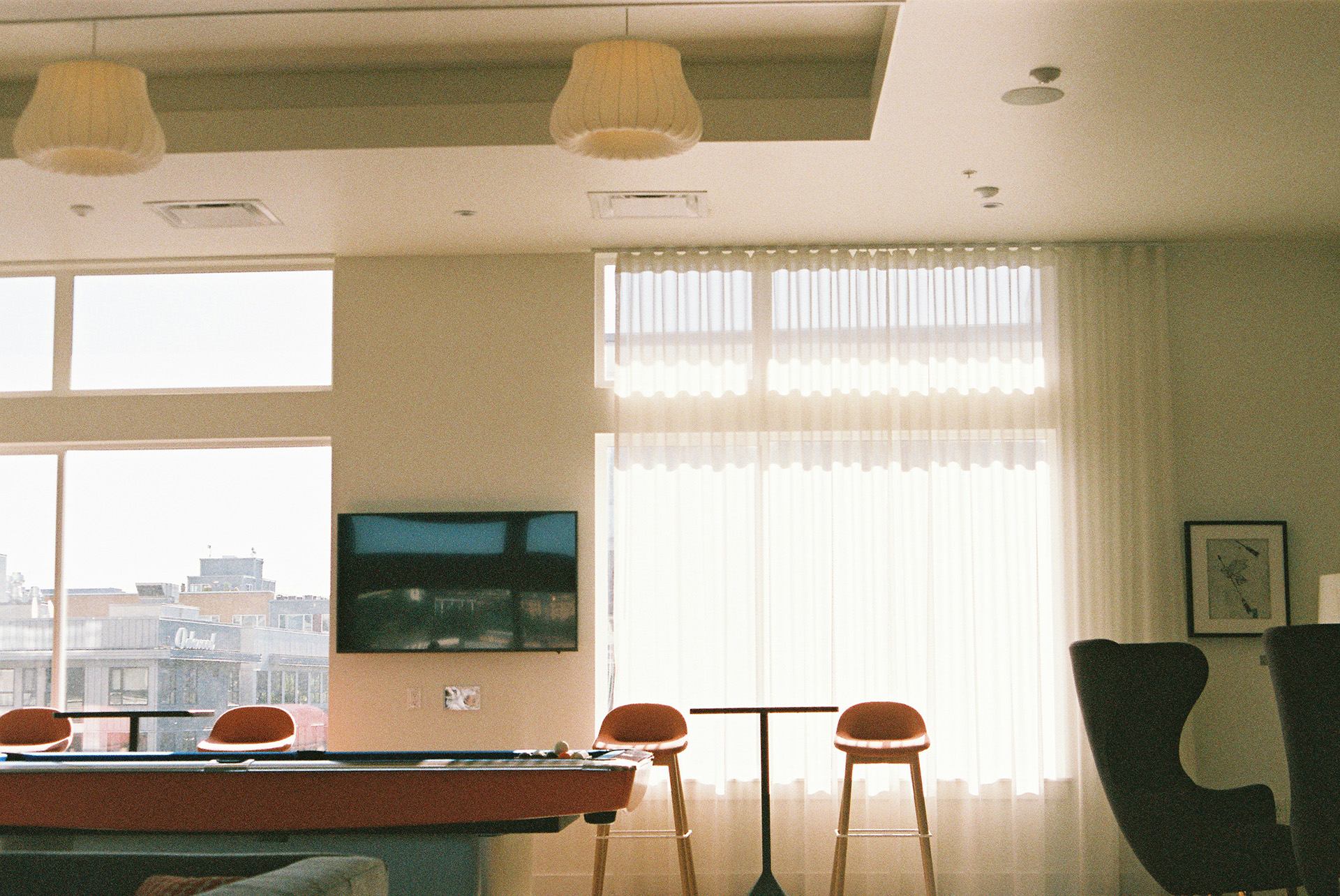Graduating from high school doesn’t always mean leaving behind rough and bumpy skin. For many, achieving smooth, even skin texture remains a challenge into adulthood.
Overview
Your daily skincare routine is likely as essential to you as breathing. Despite the plethora of skincare products claiming to create perfect skin, some conditions don’t respond well to over-the-counter treatments. Uneven texture, oily skin, large pores, and a dull appearance can create an undesirable aesthetic. Factors such as sun exposure, age spots, acne scars, oil buildup, genetics, and aging can all contribute to uneven skin texture and appearance.
The Specifics
What Is the Anatomy of the Skin?
The skin is your body’s largest organ, composed of three layers. The top layer, the epidermis, contains melanocytes that produce melanin (skin pigment). The second layer, the dermis, contains sweat glands and hair follicles. The deepest layer, the hypodermis, is made up of fat cells (subcutaneous tissue) and connective tissue.
Skin constantly regenerates, shedding hundreds of thousands of dead skin cells every hour. This natural process allows for continuous renewal and adaptation, but certain abnormalities or injuries can penetrate deeper layers, making some issues more stubborn and permanent.
What Causes Uneven Skin Texture?
Uneven skin texture can result from various factors. Genetics, acne scarring, sun damage, daily wear and tear, hormones, and aging can influence skin texture, brightness, and uniformity. While the skin is a proficient self-healer, some abnormalities or injuries can lead to lasting texture issues.
Main Concerns Related to Uneven Skin Texture
Uneven skin texture can manifest in several ways, each with its own set of concerns:
- Rough and Bumpy Skin: Often related to genetics, scarring, and aging.
- Dull Skin: Can result from aging and sun damage, as well as dehydration, poor sleep, stress, poor skincare, and smoking.
- Large Pores: Typically associated with excessive sebum (oil) production, aging, and genetics.
Who May Wish to Seek Treatment for Uneven Skin Texture?
Anyone experiencing issues with skin texture, such as rough/bumpy skin, large pores, and a dull complexion, may seek treatment. Men and women of all ages can experience these concerns, which can lead to an undesirable or prematurely aged appearance. If you’re tired of hiding behind makeup or feeling self-conscious about your skin, professional treatments may offer a solution.
How to Treat Rough and Bumpy Facial Skin Texture
Rough and bumpy facial skin can be treated through various methods that target different layers of the skin to restore a smooth and even complexion:
- Chemical Peels: These create immediate and noticeable improvements in facial texture. Options include superficial, medium depth, and deep chemical peels.
- Dermabrasion and Microdermabrasion: These procedures remove dead and damaged skin cells to reveal smoother skin underneath.
- Dermaplaning: This technique involves shaving away dead skin cells with a straight razor.
- Facials: Simple, non-invasive, and effective, facials can improve skin texture. Options include Hydrafacial, SilkPeel Facial, JetPeel, SaltFacial™, and Cryofacial.
- Laser Skin Resurfacing: Uses heat and light energy to remove unwanted skin cells and promote new skin growth.
- Microneedling: Promotes collagen and elastin production by creating tiny punctures in the skin.
- Topical Medications: Tretinoin and other retinoids can improve skin texture by promoting cell turnover.
How to Treat Dull Skin Texture
Dull skin benefits from removing superficial dead and damaged skin layers to reveal healthier skin:
- Chemical Peels: Different types provide varying levels of exfoliation intensity.
- Dermabrasion and Microdermabrasion: These techniques offer precise and targeted exfoliation.
- Dermaplaning: Another precise exfoliation method.
- Facials: Non-invasive options for improving skin texture.
- Laser Skin Resurfacing: More aggressive or gentle laser treatments can improve skin vitality.
- Microneedling: Encourages the body to remove damaged skin and promote healthier skin.
- Topical Medications: Promote cell turnover and rejuvenation.
How to Treat Large Pores
Large pores can be addressed through a combination of treatments:
- Chemical Peels: Decrease sebum production and encourage healthy skin growth.
- Facials: Less invasive but effective options.
- Laser Skin Resurfacing: Non-ablative lasers improve the body’s natural healing mechanisms.
- Microneedling: Encourages elastin and collagen production to reduce pore size.
- Topical Medications: Promote cell turnover and reduce pore size.
The Takeaway
Smooth, bright skin is always desirable. If sun damage, age spots, oily skin, or genetics are preventing your skin from looking its best, consider one of the many cosmetic procedures available to improve skin health and appearance. Achieving the glowing skin you desire may be just a treatment away.


